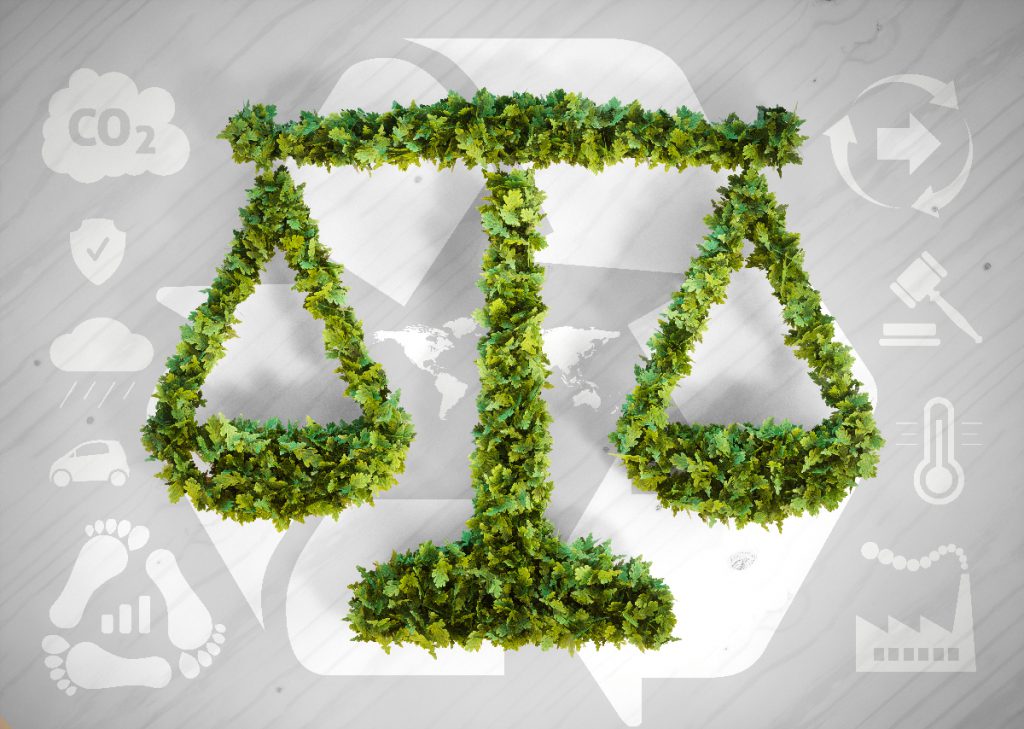In News:Living in pollution-free environment is citizens’ fundamental right: SC
1.Explain the constitutional perspectives of environmental rights with the help of relevant Constitutional Provisions and case laws.
The recent emphasis by the Supreme Court that stubble burning constitutes a violation of citizens’ fundamental right to live in a pollution-free environment, guaranteed under Article 21 of the Constitution, underscores the critical intersection of constitutional provisions and judicial interventions in environmental rights.
- Article 21 – Right to Life:
● Though not explicitly mentioning the environment, it guarantees the right to life, interpreted by the courts to include the right to a clean and healthy environment. - Article 48A – Protection of Environment:
● This directive principle directs the state to protect and improve the environment and safeguard forests and wildlife. It sets a goal for the state to strive for environmental conservation. - Article 51A(g) – Fundamental Duties:
● This fundamental duty imposes on every citizen the responsibility to protect the environment. It reinforces the idea that environmental protection is a shared responsibility. - Preamble:
● Emphasises justice and equality, implying environmental justice is essential for social equity.
Relevant case laws:
- MC Mehta vs. Union of India (2000):
● This landmark case established the principle of “sustainable development,” and held that the right to life under Article 21 includes the right to a pollution-free environment. - Vellore Citizens Welfare Forum v. Union of India (1996):
● The court established the Precautionary Principle, stating that even if there’s uncertainty about environmental harm, preventive measures should be taken to avoid irreversible damage - Narmada Bachao Andolan v. Union of India (1997):
● The court emphasised the importance of environmental impact assessments (EIAs) before undertaking development projects. - G. Sundarrajan vs. Union of India (2013):
● Emphasised inter-generational equity, obligating the state to conserve resources for future generations. - Climate Change:
● Recognized climate change as a threat to fundamental rights, asserting a distinct right against its impacts. - Recent judgements:
● The courts recently expanded the scope of environmental rights beyond pollution control to include issues such as biodiversity conservation, water rights, and the rights of indigenous communities.
Thus while the Indian Constitution does not explicitly recognize a fundamental right to environmental protection, the judiciary has played a pivotal role in interpreting and enforcing these rights, ensuring that the environment is protected and preserved for future generations.
PYQ
- Does the right to clean environment entail legal regulations on burning crackers during Diwali? Discuss in the light of Article 21 of the Indian Constitution and Judgement(s) of the Apex Court in this regard. 2015
- The Constitution of India is a living instrument with capabilities of enormous dynamism. It is a constitution made for a progressive society. Illustrate with special reference to the expanding horizons of the right to life and personal liberty. 2023
- The most significant achievement of modern law in India in the constitutionalization of environmental problems by the Supreme Court. Discuss this statement with the help of relevant case laws. 2022
Source:

